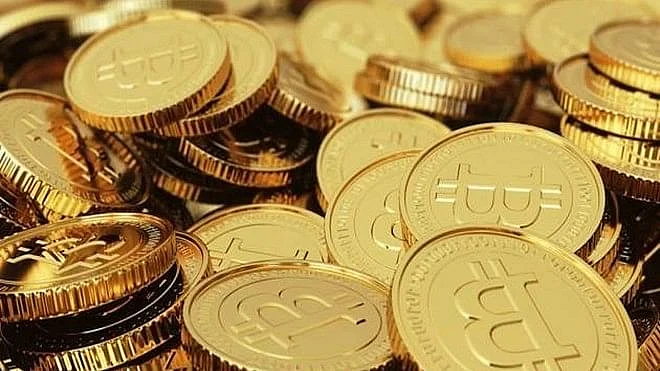ICICI Bank Shuts LRS Route for Crypto Traders: Is This A Viable Move?
The LRS scheme enables parents to send money to their children who are studying abroad.

advertisement
ICICI bank has now asked its customers not to use Reserve Bank of India's liberalised remittance scheme (LRS) for any crypto-related investments, reported The Economic Times.
The declaration on ICICI reads, “The above remittance is not for investment / purchase of bitcoin/cryptocurrencies/virtual currencies (such as ethereum, ripple, litecoin, dash, peercoin, dogecoin, primecoin, chinacoin, ven, bitcoin or any other virtual currency/cryptocurrency/bitcoin).”
However, on 31 May, the RBI issued a circular clarifying that crypto transactions cannot be blocked by the banks.
What is LRS?
Earlier, in 90s, remitting funds abroad was a cumbersome and time-consuming process. In a bid to streamline outward remittances like these, RBI introduced the LRS in 2004.
It should be noted that the LRS is unavailable to corporates, partnership firms, HUF or Charitable Trusts.
LRS: A Route to Crypto Investments
LRS has been a major source for crypto investments. An industry source on the condition of anonymity told The Quint that in the recent times, when the banks declined transaction to crypto exchanges, LRS became a prominent route to send money abroad to acquaintances to invest in crypto.
With several reports claiming that cryptocurrencies might be banned in India, most people are not sure about crypto's future in the country. Therefore, they use the liberalised remittance scheme (LRS) to invest in crypto and do it outside the country.
"Students who are studying abroad, their kith and kin used to send money and then it was used to buy crypto. Over the last couple of months this has been regular practice," the source added.
How Will This Impact Crypto Traders?
Sharat Chandra, a blockchain expert and emerging tech evangelist told The Quint that given the fact that almost all payment gateways and major banks have dithered in supporting crypto exchanges, liquidating crypto positions or buying will now become difficult for investors.
"Trading activity across exchanges in the country has slowed down. Pullouts from banks such as ICICI will make matters worse for both traders and exchanges. However, peer-to-peer trading will have no impact," asserts Chandra.
Echoing similar thoughts, financial expert Abhay Chebbi said that the ICICI bank's shutting of LRS doors for crypto trade is a major blow to crypto trading.
"Incidentally, the move will force the hand of the Government of India to come out with a clear position on whether it supports the crypto trade or not," he told The Quint.
While Soumya Choudhury, another crypto expert believes that ICICI and other banks will likely toe the line of the regulator RBI, so this is only the beginning of similar moves by other banks like HDFC, Axis and SBI, among others.
Is This a Viable Move?
In 2018, when crypto asserts were first banned by the RBI, India was one of the few nations doing so but now with the increasing frenzy and speculative bubbles over the past year, other countries have followed suit like Turkey, South Korea, Qatar, Egypt, etc.though they have technically not banned investment in cryptos like the RBI (and subsequently overruled by the Supreme Court).
(At The Quint, we question everything. Play an active role in shaping our journalism by becoming a member today.)